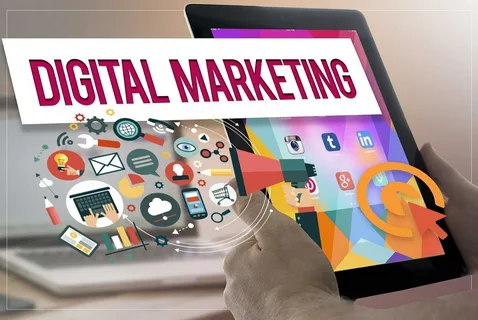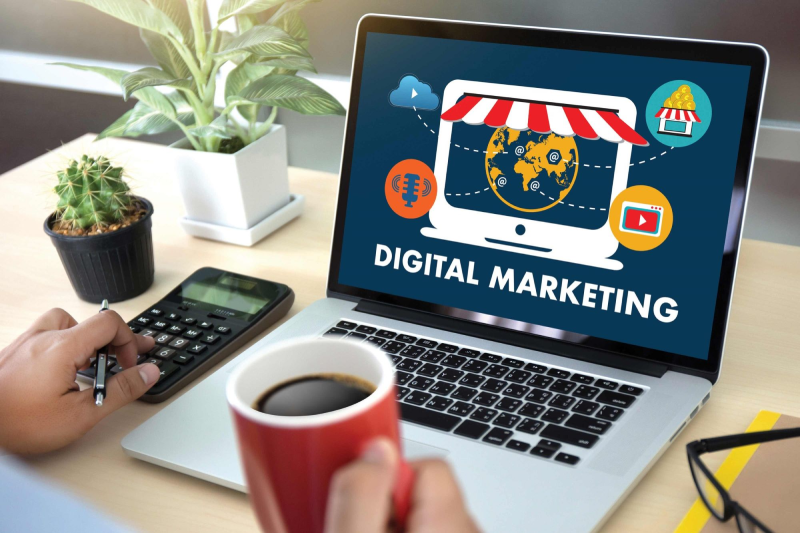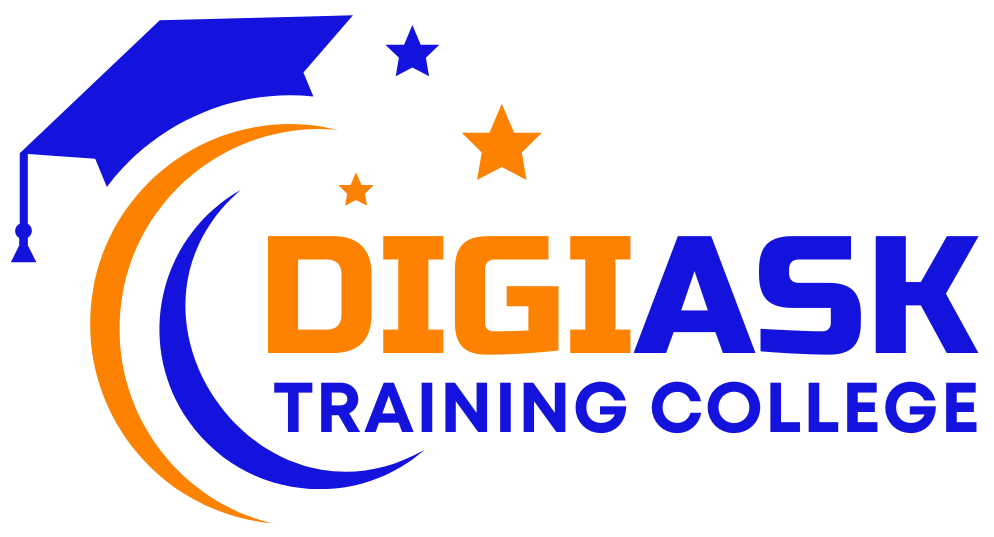Digital marketing is a vital component of modern business success. It encompasses various strategies that help businesses increase their online visibility, attract customers, and boost revenue. Below, we explore the seven primary types of digital marketing and how each can benefit your business. Let see What are the 7 types of digital marketing?
1. Search Engine Optimization (SEO)
Search Engine Optimization (SEO) is the process of improving a website’s visibility on search engine results pages (SERPs). Effective SEO strategies increase organic traffic by ensuring that web pages rank higher for relevant search queries.
Key Components of SEO:
- Keyword Research: Identifying high-ranking and relevant keywords.
- On-Page Optimization: Improving title tags, meta descriptions, URL structure, and content quality.
- Technical SEO: Enhancing website speed, mobile-friendliness, and site architecture.
- Backlink Building: Acquiring high-quality backlinks to increase domain authority.
SEO is an ongoing process that requires consistent monitoring and adjustments to stay ahead of competitors.
2. Content Marketing
Content marketing revolves around creating and distributing valuable content to attract, engage, and convert potential customers. It is a long-term strategy that establishes credibility and trust with an audience.
Types of Content Marketing:
- Blog Posts: Informative articles that educate and engage readers.
- Videos: Engaging content that conveys messages effectively.
- Infographics: Visually appealing data representations.
- E-books & Whitepapers: In-depth resources for lead generation.
- Case Studies: Success stories that build trust.
By consistently delivering high-quality content, businesses can build brand authority and drive organic traffic.
3. Social Media Marketing
Social media marketing leverages platforms like Facebook, Instagram, Twitter, LinkedIn, and TikTok to promote businesses and engage audiences.
Effective Social Media Strategies:
- Content Sharing: Posting valuable and relevant content.
- Community Engagement: Responding to comments and messages.
- Paid Advertisements: Running targeted ad campaigns.
- Influencer Collaborations: Partnering with influencers for wider reach.
- Analytics & Optimization: Monitoring engagement and refining strategies.
Social media enhances brand visibility, fosters customer relationships, and drives traffic to business websites.
4. Email Marketing
Email marketing is a direct form of digital communication that nurtures customer relationships and drives conversions.
Key Aspects of Email Marketing:
- Personalized Campaigns: Sending tailored messages based on user behavior.
- Newsletters: Regular updates on company news and industry insights.
- Promotional Offers: Discounts and exclusive deals to incentivize purchases.
- Automated Sequences: Drip campaigns for lead nurturing.
- A/B Testing: Optimizing subject lines, content, and CTAs.
A well-crafted email marketing strategy strengthens customer loyalty and increases retention rates.


5. Pay-Per-Click Advertising (PPC)
PPC advertising involves paying for ads that appear on search engines and social media platforms. Advertisers pay a fee each time a user clicks on their ad.
Benefits of PPC Advertising:
- Immediate Traffic: Instant visibility in search results.
- Targeted Reach: Ads appear to a specific audience based on demographics and interests.
- Budget Control: Flexible spending options with measurable ROI.
- Retargeting Capabilities: Re-engaging past website visitors.
Google Ads and Facebook Ads are popular PPC platforms that enable businesses to maximize their reach and conversions.
6. Affiliate Marketing
Affiliate marketing involves partnering with affiliates who promote products or services in exchange for a commission on each sale.
How Affiliate Marketing Works:
- Merchant: The business selling a product/service.
- Affiliate: The promoter who earns commissions.
- Customer: The buyer who makes a purchase.
- Tracking System: Ensures accurate commission payouts.
Affiliate marketing is a cost-effective strategy that expands reach while minimizing advertising costs.
7. Influencer Marketing
Influencer marketing utilizes individuals with a significant online following to endorse products and services.
Marketing Strategies:
- Nano & Micro-Influencers: Targeted niche engagement.
- Brand Ambassadors: Long-term collaborations.
- Sponsored Content: Paid promotions on influencer platforms.
- Giveaways & Contests: Increasing brand awareness and engagement.
Influencer collaborations boost brand credibility and enhance audience trust.
Master Digital Marketing with DigiAsk Training College
At DigiAsk Training College, we provide expert-led courses covering all aspects of digital marketing. Our comprehensive training includes:
- Hands-on SEO techniques for higher rankings.
- Content creation strategies that engage and convert.
- Social media management and advertising best practices.
- Advanced email marketing automation.
- PPC advertising for high ROI.
- Affiliate marketing tactics to expand reach.
- Influencer collaboration strategies for brand growth.
Join us today to develop in-demand digital marketing skills and take your career or business to the next level!
